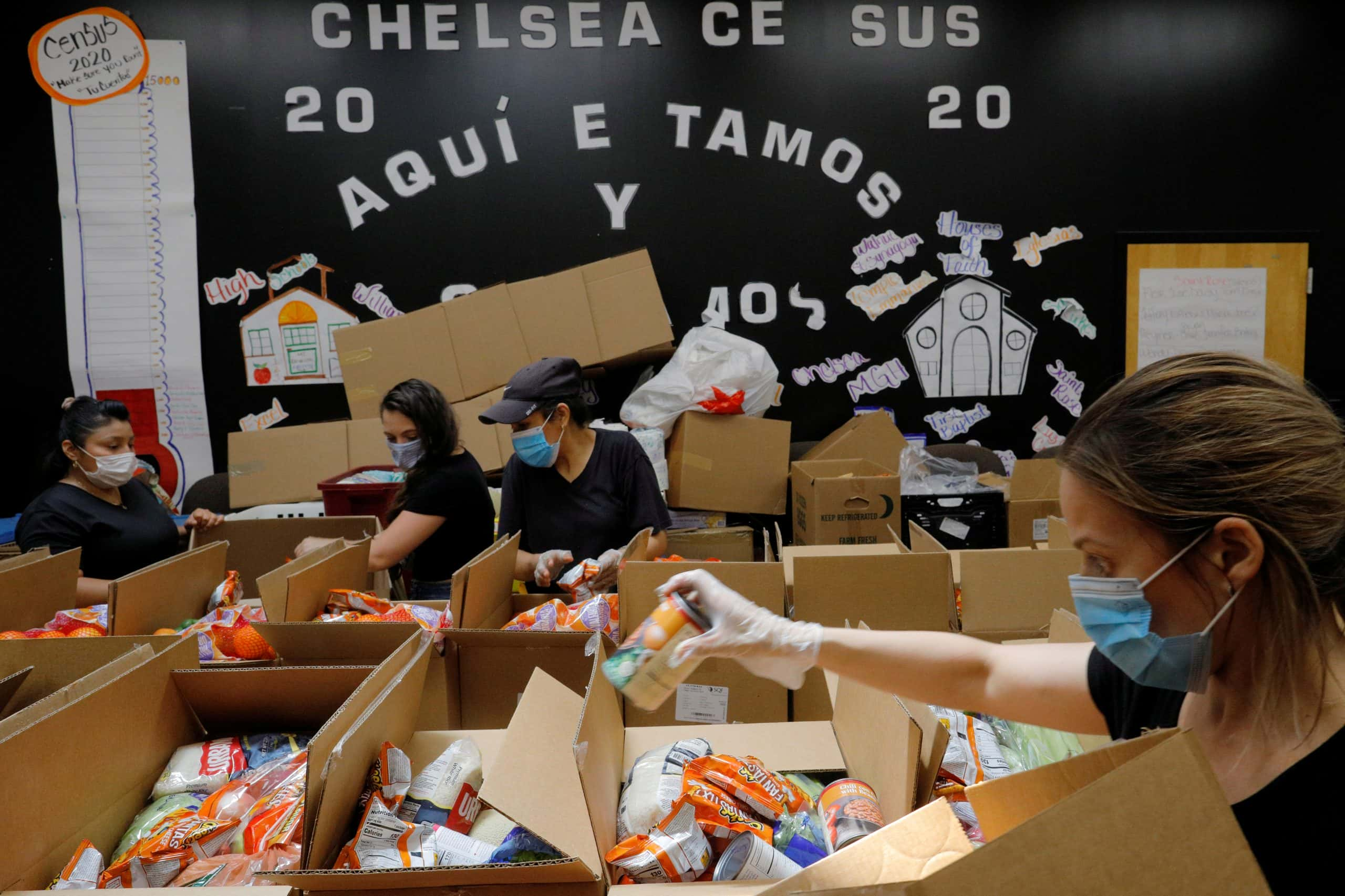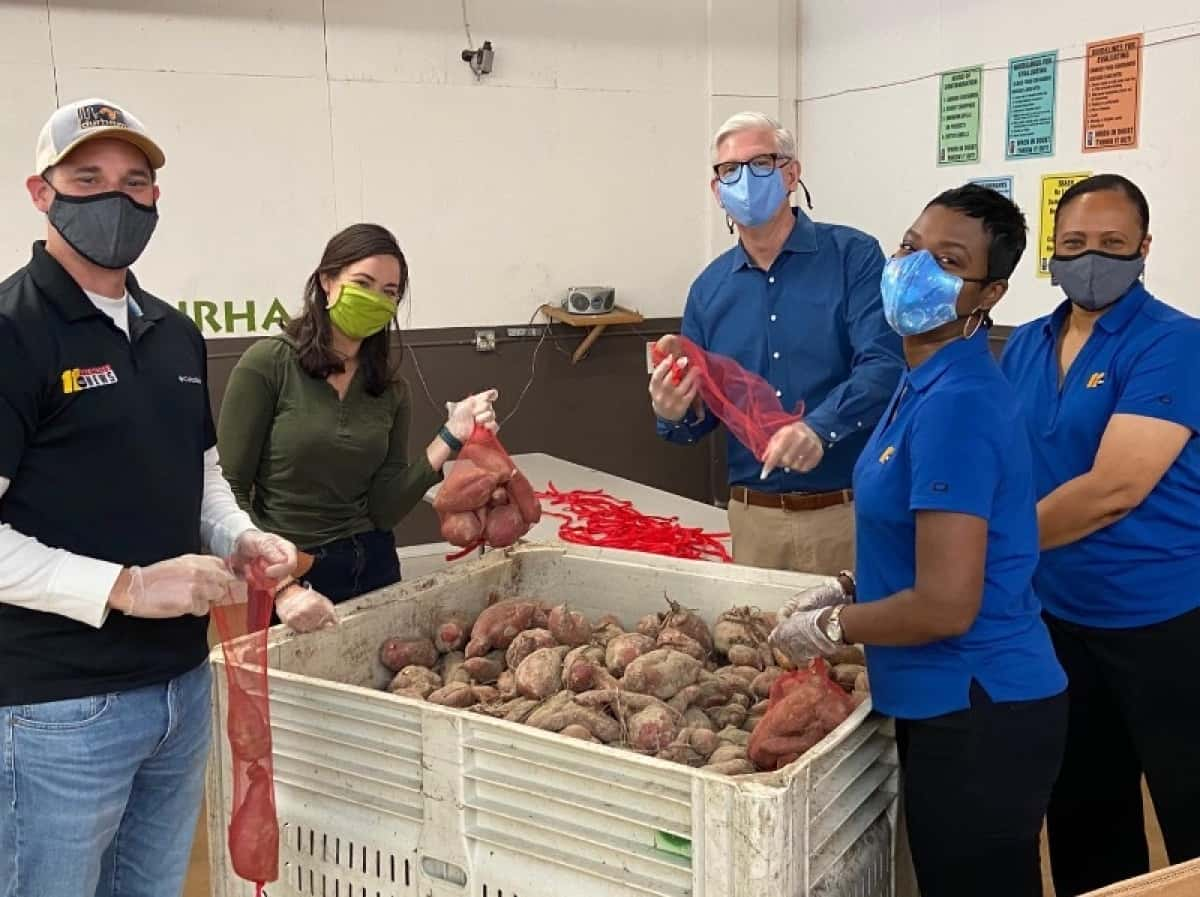The federal government has approved Massachusetts‘ request for a final round of disbursements from the Pandemic EBT program, ensuring that hundreds of thousands of low-income students in the state will receive food assistance throughout the summer.

Food Help Continues for Low-Income Students in Massachusetts
Under the temporary extension of the program, eligible families with K-12 students will receive a retroactive payment on June 25 for COVID-19-related school absences between September 2022 and May 11, 2023. The amount of payments will be based on the number of excused absences, ranging from $25 to $147 per month. Additionally, over 475,000 qualifying school-age children and their families will receive a payment of $120 per student on July 25 as part of the final round of P-EBT payments.
The Pandemic EBT program was established during the pandemic to support children who may have lost access to free and reduced meals due to school closures. The recent disbursements come at a crucial time as federal pandemic hunger relief programs have expired, resulting in reduced benefits for food stamp recipients in the state. The additional assistance aims to address the challenges posed by high food prices and the end of extra federal and state SNAP benefits.
The program not only provides food security for nearly 500,000 students and their families but also supports local businesses involved in food production and distribution
While these disbursements mark the end of the EBT program, discussions are ongoing among Beacon Hill leaders regarding the implementation of a universal free school meal program. The House of Representatives has approved a provision in the state budget to make breakfast and lunch free for all public school students, regardless of income, which would build upon the previous policy established during the pandemic. The Senate, however, has yet to include this proposal in its version of the budget.
The COVID-19 pandemic has significantly increased the demand for food stamps and public assistance in Massachusetts. As of January, over 102,000 people were receiving basic welfare benefits, and the number of food stamp recipients reached 1 million in December, more than double the pre-pandemic average. To address this, Governor Maura Healey signed a supplemental budget in March, allocating $130 million to sustain expanded SNAP benefits for several additional months.
READ ALSO: Property Tax Increase Proposed In Petersburg




